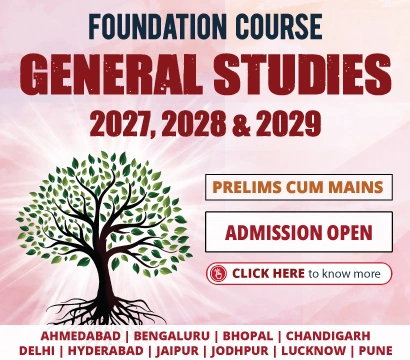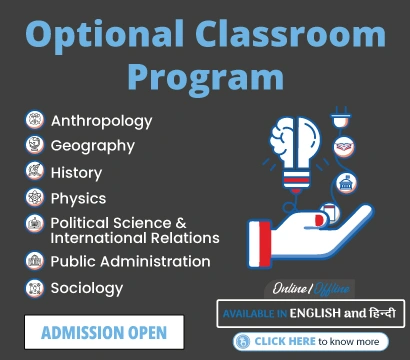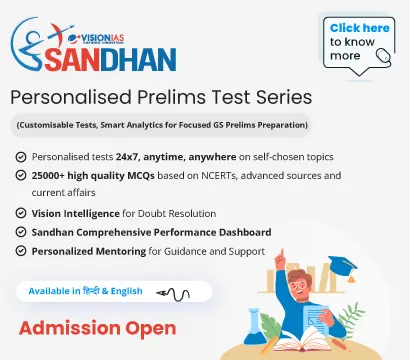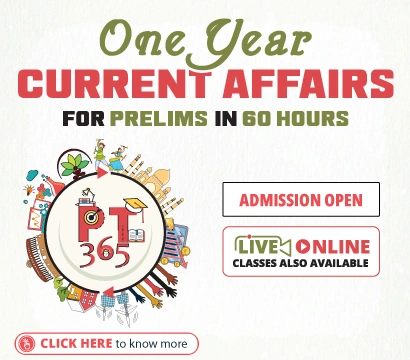Current Affairs
OCI Cards for 6th Generation Diaspora: India’s Historic Outreach to Trinidad & Tobago
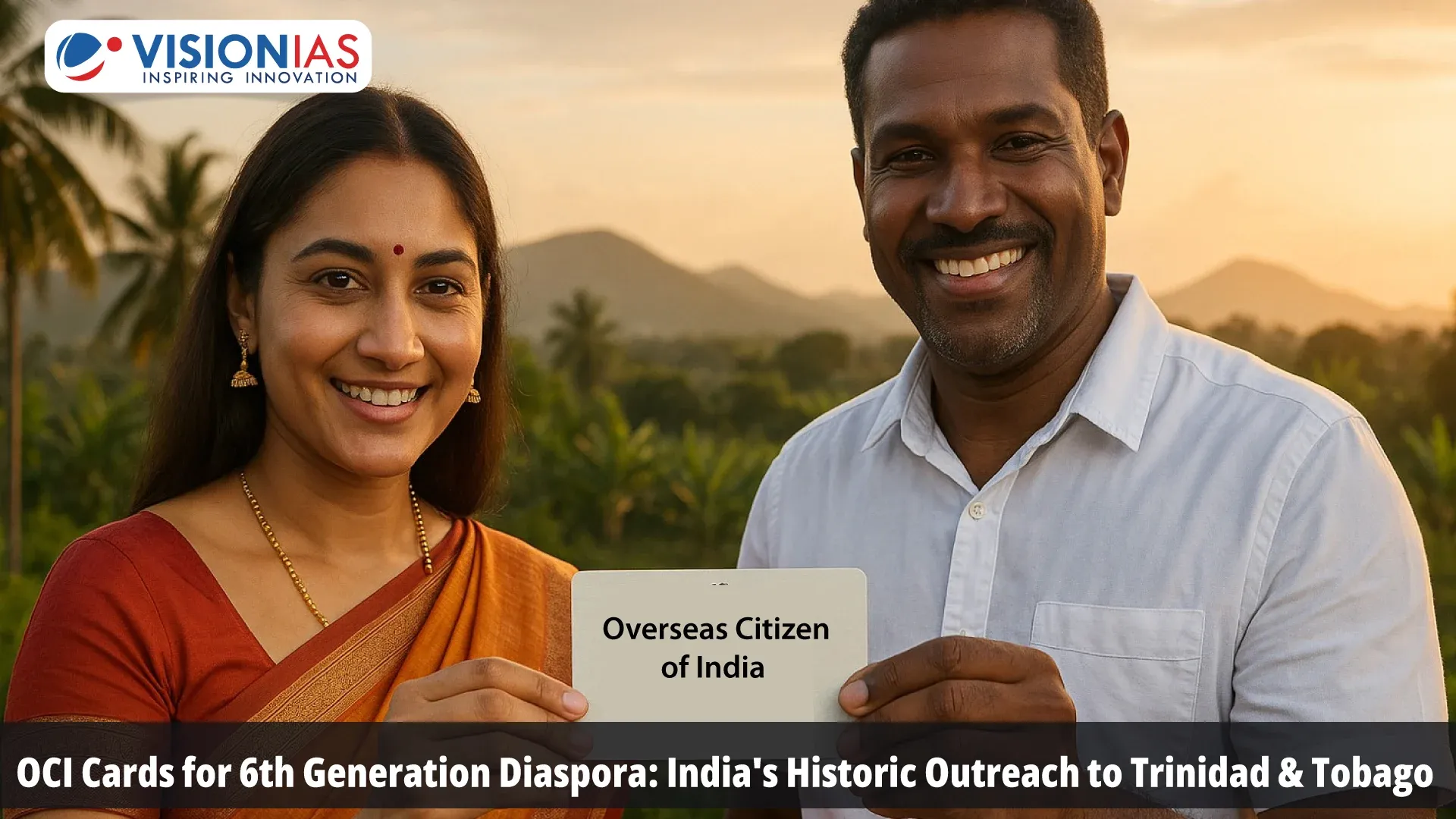
The Indian Prime Minister’s announcement to extend OCI cards to sixth-generation descendants of indentured labourers in Caribbean nation of Trinidad & Tobago represents a groundbreaking shift in diaspora engagement and citizenship policy.
The Indian Prime Minister’s recent announcement to create a comprehensive database of the Girmitiya community and extend Overseas Citizenship of India (OCI) cards to sixth-generation descendants in Caribbean nation of Trinidad & Tobago marks a watershed moment in global diaspora policy.
This isn’t just another policy announcement. It’s recognition of a story that began over 150 years ago when Indian indentured labourers crossed oceans to work British colonial plantations.
Understanding the Girmitiya Legacy
The Girmitiya community represents one of the most significant yet historically overlooked chapters of Indian migration. The term “Girmitiya” derives from “girmit,” which was how Indian workers pronounced “agreement” – referring to their indenture contracts.
Between the 1830s and 1920s, over one million Indians migrated under these agreements to work on sugar plantations, tea gardens, and other colonial enterprises across the Caribbean, Fiji, Mauritius, and South Africa.
In Trinidad & Tobago, this historical migration has created a remarkable demographic reality: Indian-origin people constitute more than 40% of the population. These aren’t recent immigrants but families whose ancestors arrived as indentured labourers during the British colonial period, working under conditions that were often exploitative yet formed the foundation of vibrant diaspora communities.
The announcement of a dedicated Girmitiya database suggests India is moving beyond symbolic gestures toward systematic recognition of these historical connections. This database will likely serve as the foundational framework for verifying ancestral ties and processing OCI cards for descendants who may have limited documentation of their Indian heritage.
The OCI Cards Framework: Rights and Privileges
Let’s break down what an OCI card holder can do:
Travel to India without a visa. No more paperwork hassles or embassy visits every time you want to visit.
Work in India without additional permits. You can take that job in Mumbai or start a business in Bangalore.
Study at Indian universities. Access to education at domestic rates, not international student fees.
Own property almost everywhere. The only exceptions are certain agricultural and plantation properties.
These aren’t minor perks. They’re life-changing opportunities for families who’ve maintained cultural connections to India across multiple generations.
NRI vs OCI: What’s the Difference?
People often confuse NRIs and OCIs, but they’re completely different categories.
An NRI is an Indian citizen living abroad temporarily for work, business, or education. The key word here is temporarily. If you spend less than 182 days in India during a financial year, you’re classified as an NRI.
An OCI is someone from another country with ancestral ties to India. You’re not an Indian citizen, but you get many of the benefits. OCIs operate under the Citizenship Act of 1955, which was amended in 2005 to create the OCI scheme.
Here’s where it gets interesting: NRIs can vote in Indian elections, but only if they’re physically present in their constituency during voting. OCIs can’t vote at all. NRIs also deal with FEMA regulations and Indian tax laws.
Why This Matters Now
India is betting big on its diaspora. The country recognizes that maintaining ties with overseas communities isn’t just about cultural sentiment. It’s about economic opportunity, soft power, and building bridges across continents.
For Trinidad & Tobago’s Indian-origin population, this represents something profound. Families who’ve been disconnected from India for generations suddenly have a clear pathway back. Not to relocate permanently, but to reconnect with their roots while building new opportunities.
The creation of a Girmitiya database suggests India is serious about this. They’re not just offering OCI cards to whoever applies. They’re actively identifying and reaching out to communities with verified historical connections.
The Bigger Picture
This announcement reflects India’s growing confidence on the global stage. It’s embracing entire communities that left under very different circumstances, in a very different era.
For descendants of indentured labourers, this recognition carries emotional weight that goes beyond practical benefits. It’s acknowledgment that their ancestors’ contributions to building colonial economies deserve recognition, not just from history books, but from the country they left behind.
The OCI program was already one of the world’s most generous diaspora initiatives. The Indian Prime Minister’s announcement of extending it to sixth-generation descendants in Trinidad & Tobago sets a new standard for how countries can maintain meaningful connections with their overseas populations.
What happens next will be worth watching. Other Caribbean nations with significant Indian-origin populations are likely paying close attention. This could be the beginning of a much broader initiative to reconnect with the global Girmitiya community.
The journey that began with indenture contracts in the 1800s is taking an new turn. Families separated by oceans and generations are getting a chance to bridge that gap, one OCI card at a time.
Stay Updated on Diaspora Policies & Citizenship Developments with VisionIAS Comprehensive Current Affairs.




























